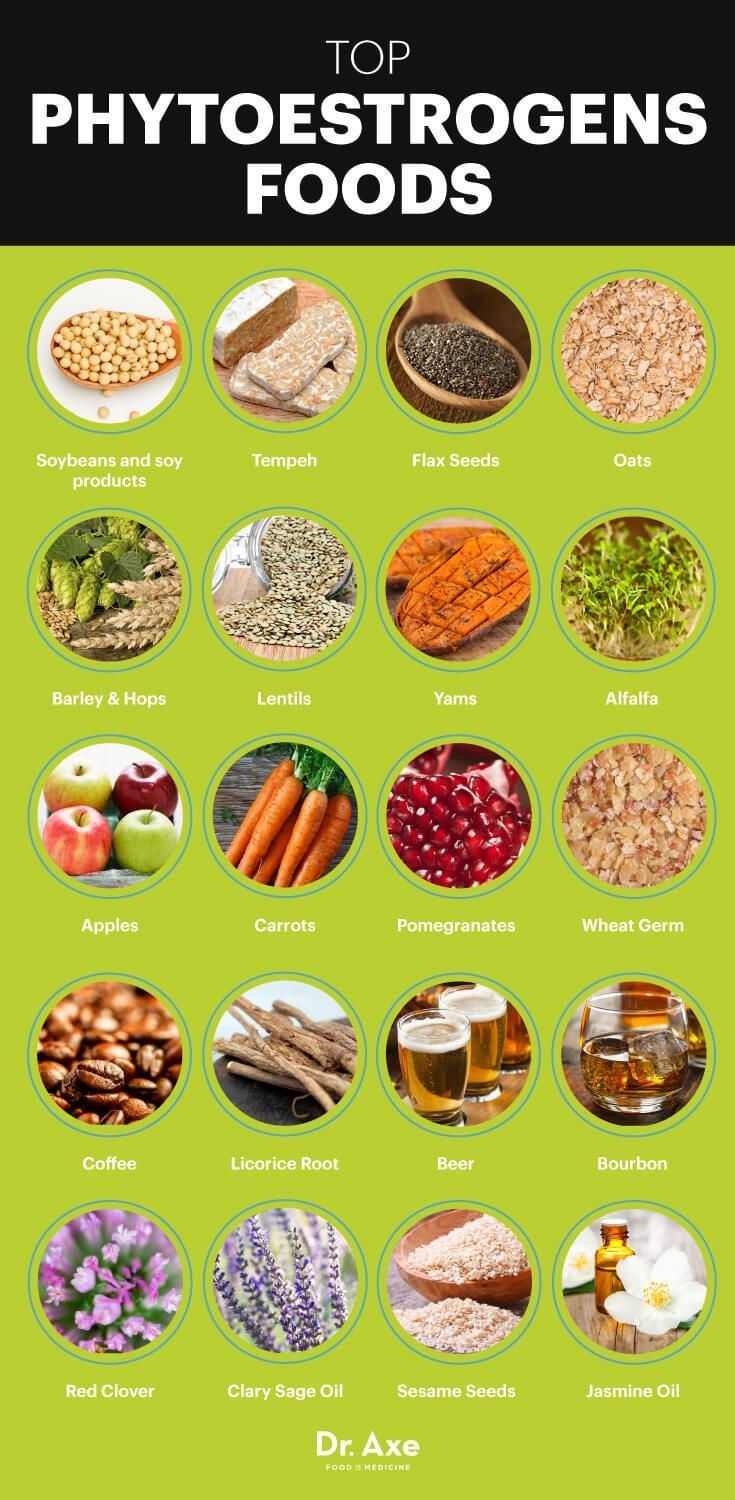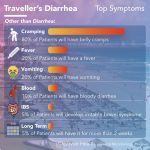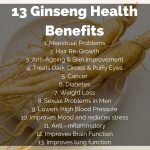
Contents
Phytoestrogens
Phytoestrogens are natural substances similar to estrogens, the female sex hormones. They are taken to compensate for the drop in estrogen levels in menopausal women, providing relief from hot flashes, night sweats, preventing bone loss, and osteoporosis. Phytoestrogens can be found in sources like soy, nuts, seeds, legumes, cereals, fruits, and vegetables.
Phytoestrogens are a group of polyphenolic non-steroidal compounds structurally or functionally similar to estrogen, specifically estradiol. This group includes flavones, isoflavones, lignans, and stilbenes, with isoflavones being the most common. Although isoflavones have estrogenic effects, they are weaker than natural human estradiol.
Phytoestrogens work by binding to estrogen receptors, which are protein particles that respond to estrogen. By binding to these receptors, phytoestrogens have weak estrogenic effects in menopausal women, but they may reduce natural estrogen’s activity and have anti-estrogenic effects in premenopausal women. Additionally, phytoestrogens have antioxidant properties, stimulate new bone cell generation, and increase sex hormone binding globulin (SHBG) that transports sex hormones to tissues in the body.
Studies indicate the potential efficacy of isoflavones in reducing menopausal symptoms, protecting against heart disease and bone loss, and reducing the risk of breast cancer. However, results are mixed for the prevention of other cancers. While there are many other suggested uses of phytoestrogens, scientific evidence is insufficient to support many of these uses.
Suggested uses of phytoestrogens include:
- Menopausal symptoms
- Treatment and prevention of osteoporosis
- High cholesterol levels
- Cardiovascular disease
- Diabetes
- Hormone-dependent tumors
- Weight loss
- Skin health
- Cognitive function
What are the side effects of phytoestrogens?
Warnings
- Do not take phytoestrogen supplements if you are hypersensitive to any of the components in the formulation.
- Do not take phytoestrogens if you are pregnant.
- Phytoestrogens may disrupt endocrine function.
- Taking large quantities of phytoestrogen supplements may affect fertility.
Common side effects of phytoestrogens include:
- Allergic reactions
- Abdominal pain
- Muscle pain (myalgia)
- Sleepiness
Contact your doctor immediately if you experience any of the following symptoms or serious side effects while using this drug:
- Serious heart symptoms, including fast or pounding heartbeats, fluttering in your chest, shortness of breath, and sudden dizziness;
- Severe headache, confusion, slurred speech, severe weakness, vomiting, loss of coordination, feeling unsteady;
- Severe nervous system reaction with very stiff muscles, high fever, sweating, confusion, fast or uneven heartbeats, tremors, and feeling like you might pass out; or
- Serious eye symptoms, such as blurred vision, tunnel vision, eye pain or swelling, or seeing halos around lights.
This is not a complete list of all side effects or adverse reactions that may occur from the use of this drug. Contact your doctor for medical advice about serious side effects or adverse reactions. You may also report side effects or health problems to the FDA at 1-800-FDA-1088.
What are the dosages of phytoestrogens?
No established dosages for phytoestrogens exist.
Isoflavones
- 40 mg orally once daily
- Menopausal symptoms: 34-120 mg/day
- Hypertension: 18 mg orally twice daily
- Lung cancer prevention: 8.3-83.2 mcg/day
Ipriflavone
- 200 mg orally 3 times a day
Dosage modifications
Creatinine clearance (CrCl) 40-80 mL/min
- 200 mg orally twice daily
CrCl below 40 mL/min
- 200 mg orally once daily
Overdose
- There is no reliable information on phytoestrogen overdose. In case of overdose, report your symptoms to the FDA.
What drugs interact with phytoestrogens?
Inform your doctor of all medications you are currently taking, and they can advise you on any possible drug interactions. Never begin taking, suddenly discontinue, or change the dosage of any medication without your doctor’s recommendation.
- Phytoestrogens have no known severe or serious interactions with other drugs.
- Phytoestrogens have moderate interactions with at least 69 different drugs.
- Mild interactions of phytoestrogens include:
- anamu
- bazedoxifene/conjugated estrogens
- cimetidine
- conjugated estrogens
- conjugated estrogens, vaginal
- danshen
- devil’s claw
- dexlansoprazole
- esomeprazole
- estradiol
- estrogens conjugated synthetic
- estrogens esterified
- estropipate
- famotidine
- ibuprofen/famotidine
- lansoprazole
- mestranol
- nizatidine
- omeprazole
- pantoprazole
- rabeprazole
- theophylline
The drug interactions listed above are not all of the possible interactions or adverse effects. For more information on drug interactions, visit the RxList Drug Interaction Checker.
Always inform your doctor, pharmacist, or healthcare provider about all prescription and over-the-counter medications you use, along with the dosage for each, and keep a list of this information. If you have any questions about your medication, consult your doctor or healthcare provider.
Pregnancy and breastfeeding
- There isn’t reliable information on the safety of taking phytoestrogens during pregnancy. Avoid if you are pregnant.
- There is no information on whether phytoestrogens are excreted in breast milk or their effects on breast milk production or the breastfed infant. Use with caution.
- Never take any supplements, including phytoestrogens, during pregnancy or breastfeeding without first checking with your healthcare provider.
What else should I know about phytoestrogens?
- Phytoestrogens absorbed from food are safe for most people. Phytoestrogen supplements are possibly safe for most adults when taken in recommended doses.
- Check with your healthcare provider before taking any herbal supplements, including phytoestrogens.
- Take phytoestrogens exactly as directed on the label.
- Dietary supplements often contain many ingredients. Check labels for the components in the phytoestrogen product you choose.
- Phytoestrogens are marketed as dietary supplements and are not regulated by the FDA. Products may differ in formulations and strengths, and labels may not always match contents. Exercise caution in choosing your product.
- Store safely out of reach of children.
Summary
Phytoestrogens are natural substances similar to estrogens, the female sex hormones. They are taken to compensate for the drop in estrogen levels in menopausal women, providing relief from hot flashes, night sweats, preventing bone loss, and osteoporosis. Common side effects of phytoestrogens include allergic reactions, abdominal pain, muscle pain, and sleepiness. Do not take phytoestrogens if you are pregnant. Consult your doctor if breastfeeding.


